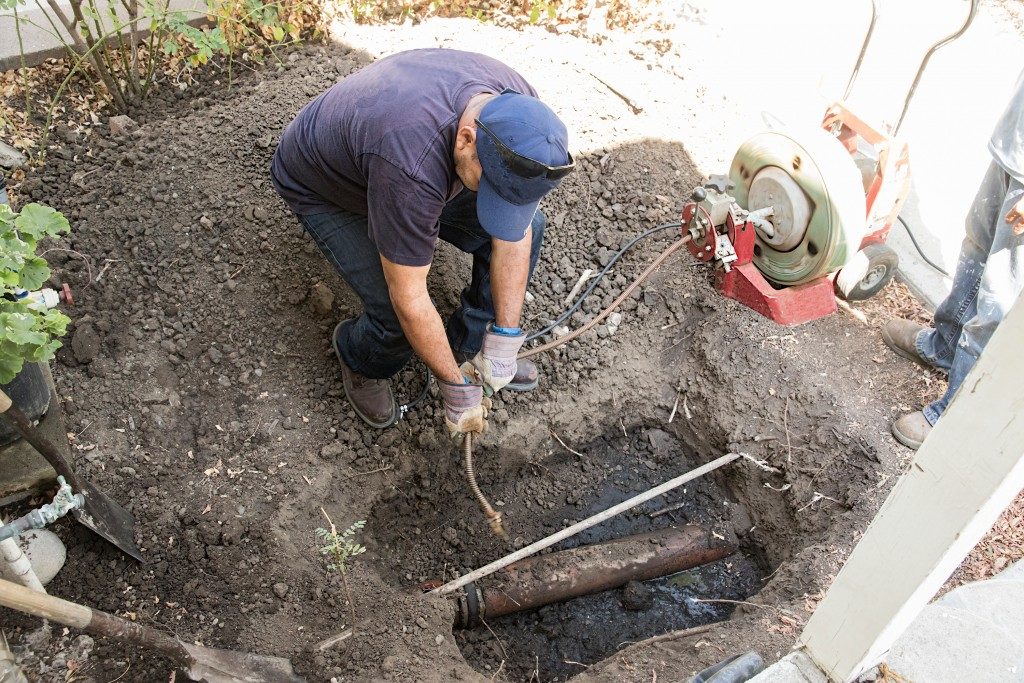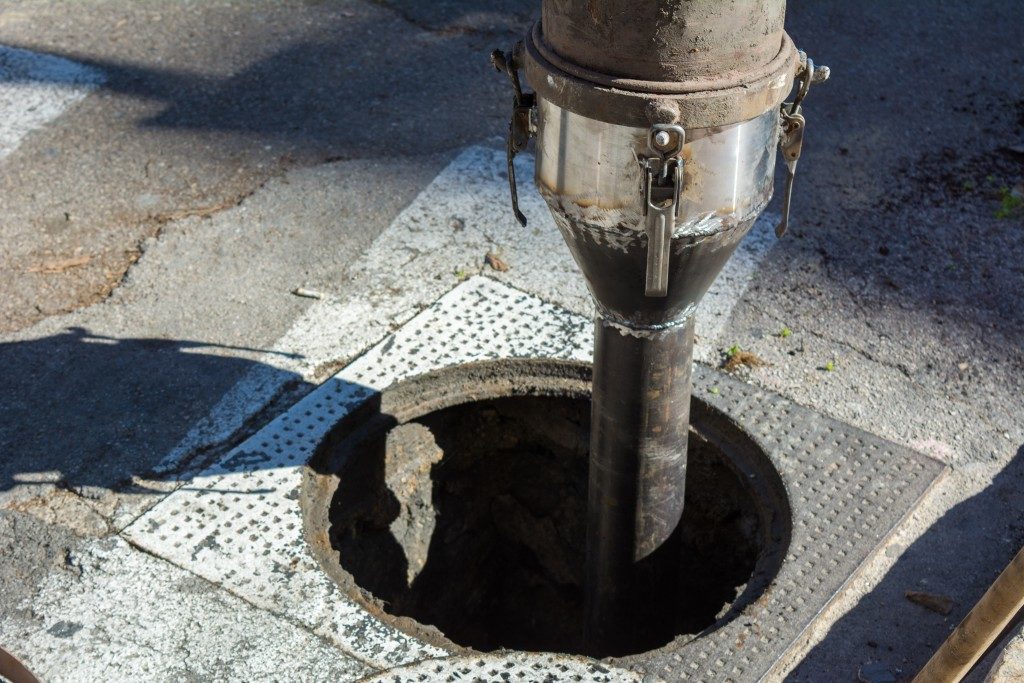A sewage pump is a type of centrifugal pump that is mainly used for residential application. For homeowners who are not familiar with this type of machinery, it can be challenging to make an informed buying decision. This guide will give you the basic knowledge that you need in order to select the right pump for your property.
In residential applications, a sewage pump is typically submerged, which is why it is also called a submersible sewage or drainage pump. Houses that have sewage flowing down the sewer line by means of gravity don’t need a sewage pump.
On the other hand, houses with sewage originating from the basement that is usually located under septic and sewer lines require a sewer pump in order to move sewage to the sewer system.
There are different types of sewage pumps. How can you make an informed decision? Here are a few things you need to look out for:
Durability
Durability is perhaps the most crucial factor that you need to look into before buying any device for your home. It’s no different when it comes to selecting sewage pumps. It is highly recommended that you choose a pump that is built with corrosion-resistant cast iron. You cannot maximize the use of your sewage pump if it’s going to fail halfway through its supposed service life.
Furthermore, always check if the pump comes with warranty coverage of up to two years. Read the warranty policy carefully and ensure that the manufacturer will guarantee a replacement within that period.
Horsepower
For residential sewage applications, a sewage pump with 1/3 horsepower is typically used and should be enough for average-sized homes with an average water table. But if you feel that 1/3 HP will not be enough, there’s no problem in using a 1/2 HP pump. You can check the horsepower (HP) on the data plate on the pump, where all necessary model information is located.
When in doubt about the amount of HP you need, you can always check with a trusted expert.
Construction Quality

Don’t be swayed by cheaper prices if you’re looking to buy a submersible sewage pump for your home, especially if you want it to last as long as it should. A critical feature that you can look at to determine if the product is of high quality or not is the upper bearing (the upper part of the pump). High-quality pumps will have upper ball bearings without bushings, as opposed to lower quality pumps that usually use bushings. Pumps with bearings have motors that would last longer than those with bushings.
Pump Switches
Choose a pump with a tethered float switch over a vertical float switch. The former allows you to set levels for turning the pump on and off, so it does that automatically.
Making the best decision isn’t that difficult, as long as you keep these things in mind, so you don’t bring home a subpar pump. Remember that spending time and effort into choosing the right pump is better than a sewage overflow due to a faulty pump.

